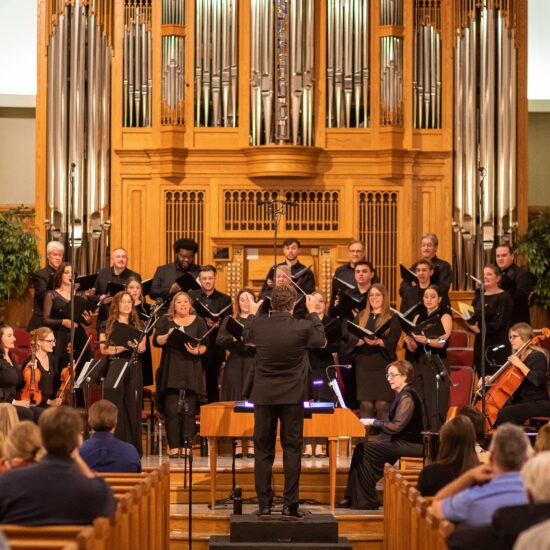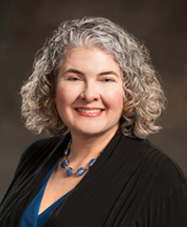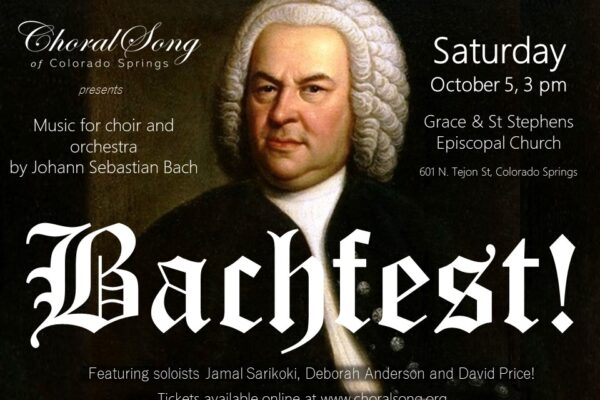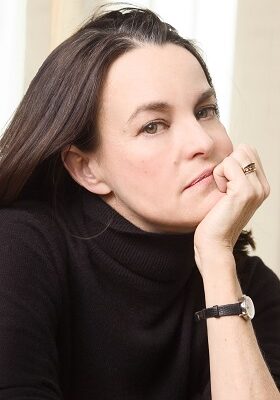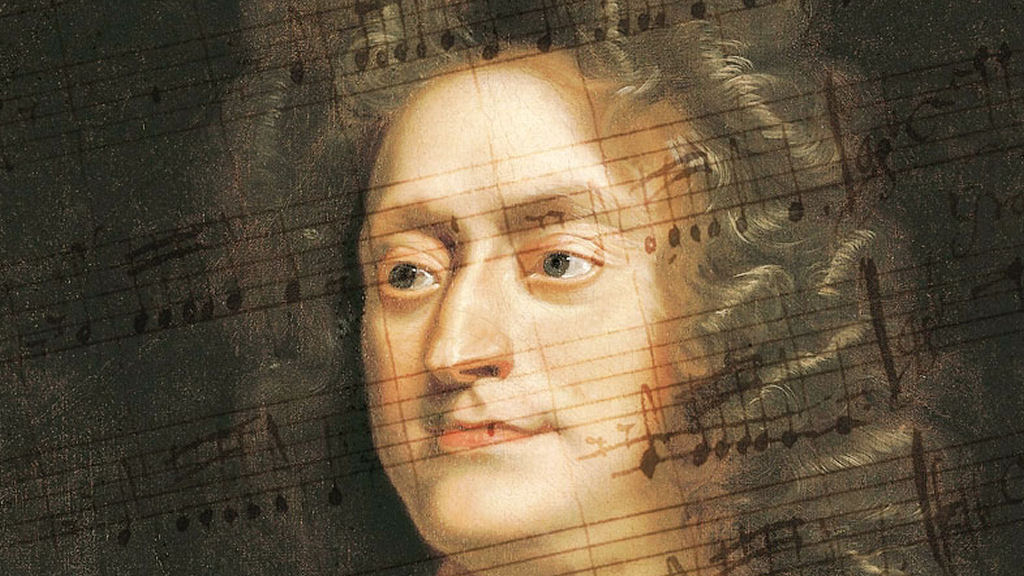
“So who is Henry Purcell, and why is ChoralSong featuring his music in their very first concert?”
Near Poverty
The story of Henry Purcell is quite inspirational for us because it clearly demonstrates how music has the power to build bridges between diverse groups and unite people from all walks of life. Born in 1659 to a musical family living in “Devil’s Acre,” an infamous London slum, Henry Purcell showed an early love and talent for music. After his father died in 1664, Henry’s skill enabled him to get a position as a chorister in the nearby Chapel Royal—and thus began the brilliant and all-too-short career of one of England’s brightest musical lights.
Education & Advancement
After a few years of earning a reputation as a talented singer and budding composer, a teenaged Purcell was accepted into the Westminster School to study music under Dr. John Blow. It is highly significant that only a few years later Dr. Blow honored Purcell by stepping down and letting the 20-year-old prodigy take over his position as organist of Westminster Abbey. Blow’s belief in Purcell was well-founded; Purcell was offered a concurrent position as organist for the King at the Royal Chapel only 3 years later. A child of the slums was now a musician in the royal court.
Royal Patronage
There Purcell thrived and wrote an incredible amount of music in the next 13 years before his untimely death in 1695. He not only wrote a significant amount of oft-performed sacred music for the Abbey and the Chapel, but also developed an affinity for composing dramatic music. In little more than a decade, he produced music for almost 50 plays and is credited by some with writing England’s first opera. It is a testimony to Purcell’s lasting genius that over the last 300 years, his works have continued to be performed at all sorts of royal events, including every state funeral in the country.
Influence
Henry Purcell not only excelled very quickly as a performer and composer, but he was also credited with being at the forefront of the development of a musical style that was uniquely English. But as fate would have it, after Purcell’s death musical tastes in England changed. Royals became captivated by Continental composers such as George Frederick Handel and Felix Mendelssohn, and the further development of a uniquely English musical style languished. It wasn’t until the late 19th and early 20th centuries that English composers took up Purcell’s mantle and continued the development of its own national style and transformed it into the international force it is today.
In recognition of his musical brilliance and service to England, Henry Purcell is buried in the north choir aisle next to the organ in Westminster Abbey.
- https://choralsong.org/blog/choralsong-concerts-impact-colorado-springs-performing-arts-scene/
- https://www.britannica.com/biography/Henry-Purcell
- https://www.newworldencyclopedia.org/entry/Henry_Purcell
- IMSLP: List of works by Henry Purcell


